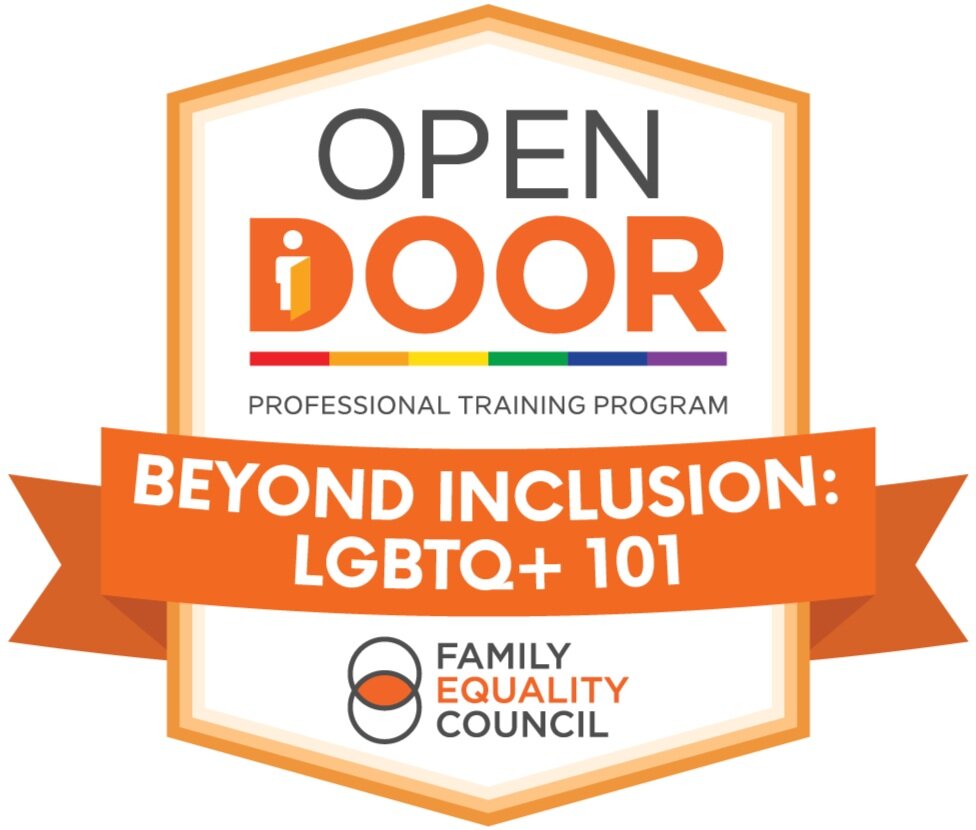Infertility & Reproductive Trauma:
Infertility is the inability to conceive and/or carry a pregnancy to term, which affects approximately 1 out of 8 couples and individuals in the United States. This statistic parallels that of those diagnosed with breast cancer, yet the understanding and support needed pales in comparison. Approximately 7.3 million women have received some kind of infertility related treatment, and many experience these treatments as invasive and stressful. Unfortunately, this estimate doesn’t include the multitude of men affected with infertility.
Trauma is any event or feeling that goes beyond the range of usual human experience and is perceived as overwhelming physically, emotionally, and/or spiritually. Reproductive trauma can often result from the experience of multiple losses (i.e., infertility, miscarriage, stillbirth) paired with disenfranchised grief – the kind of grief that is mostly unacknowledged by society.
As a mental health member of the American Society for Reproductive Medicine (ASRM) and RESOLVE, the National Infertility Association, I have both professional training and personal experience to aid you in sifting through and coping with the complex emotions and difficult decisions throughout your journey. The rapidly evolving nature of reproductive medicine keeps me on my toes as I continue to seek out training and educational opportunities. In addition to my private practice, I am also a consultant and reproductive psychotherapist at the Reproductive Psychiatry Clinic of Austin. We know that people can benefit enormously from understanding the psychological, emotional, and physical impact of adverse reproductive events on their lives.







